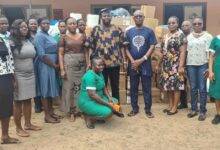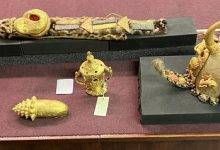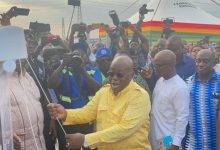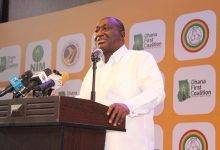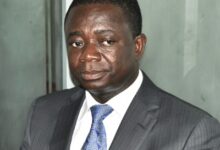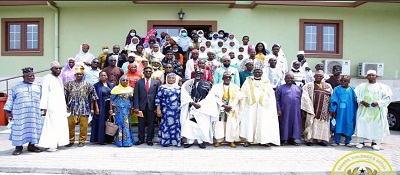
A national stakeholder forum to eliminate female genital mutilation was on Monday held in Accra.
Female Genital Mutilation is a practice that involves altering or injuring the female genitalia for non-medical reasons.
Organised by the United Nations Population Fund (UNFPA) Country Office in partnership with the Ministry of Gender, Children and Social Protection (MOGSCP), it was held on the theme: “Accelerating investment to end FGM.”
The participants including traditional and religious leaders, women groups, students, FGM survivors and representatives of some state agencies brainstormed on more effective approaches to end FGM, which according to the 2021 Population and Housing Census, was prevalent among women ages 15-49 years in the Upper East and Upper West regions.
The Upper West tops the chart with 32.5 per cent followed by the Upper East with 13.2 per cent while children between 0-14 years being the least affected with 0.1 per cent.
The UNFPA Country Representative, Niyi Ojuolape, in an address, said over 200 million girls and women had undergone FGM with about four million girls at risk of experiencing FGM annually, adding that the UNFPA estimates that two million cases may occur over the next 10 years.
He, therefore, called for a collective effort to build a resilient system to accelerate investment to end FGM.
Niyi Ojualape disclosed that the UNFPA Ghana launched a three-year project in 2021 with an implementation focus in the northern part of Ghana, precisely around the border communities of Upper East and Upper West regions.
The Deputy Minister of Gender, Children and Social Protection (MGCSP), Lariba Zuweira Abudu, in her keynote address, noted that FGM constituted an extreme form of violation and discrimination against girls and women.
The practice, she stressed also violated a person’s rights to health, security, and physical integrity; the right to be free from torture and cruel, inhuman, or degrading treatment; and the right to life, in instances when the procedure results in death.
The deputy minister said violence against women and girls was not only a public canker but also a developmental challenge which distressed a large portion of the Ghanaian population and their influence to national development.
Ms Zuweira Abudu pledged the ministry’s commitment to collaborating with relevant stakeholders to create awareness on the fight against FGM, while leveraging opportunities for collaboration and resource mobilisation for effective prevention, protective measures and services for victims.
The spokesperson for the Greater Accra Regional Council of Zongo Chiefs, Chief Imoro Baba Issah, indicated the willingness of the members of the council to serve as advocates to sensitise their constituencies, on the need to have zero FGM in their communities due to its negative effect on women and girls.
Present was the Social Development Adviser at the Foreign, Commonwealth and Development Office of the British High Commission in Accra, Susan Adwoa Mensah.
BY NORMAN COOPER
.

